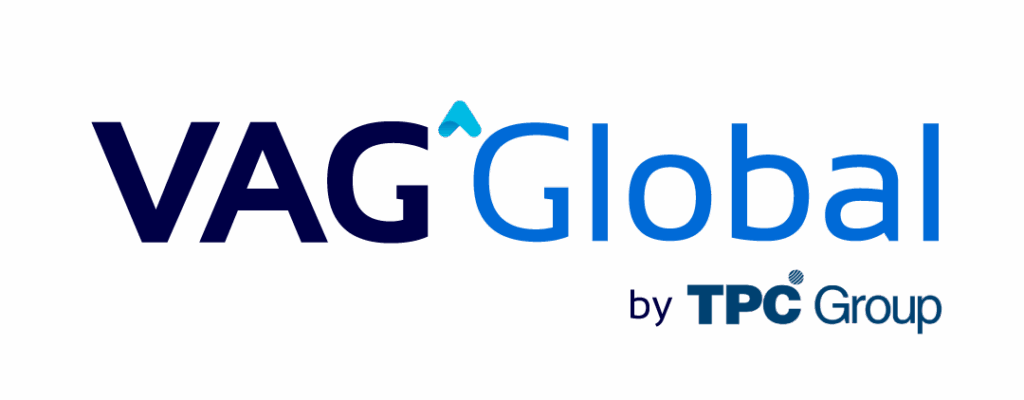In the recent Report No. 000049-2024-SUNAT/7T0000, published on July 9, 2024, the SUNAT (Superintendencia Nacional de Aduanas y Administración Tributaria – National Superintendence of Customs and Tax Administration) has determined that digital service income obtained by individuals resident in the CAN (Comunidad Andina – Andean Community) member countries, other than Peru, to apply the provisions of Decision 578, must be analyzed, according to domestic regulations, the definitions of TJCA (Tribunal de Justicia de la Comunidad Andina – Court of Justice of the Andean Community), and the provisions of Articles 14 and 16 of Decision 578.
Analysis
Through this Report, the SUNAT determines that for applying the provisions of Decision 578, the analysis of digital services provided between residents of a CAN member country (hereinafter, “member country”) should follow the following sequence:
- As per the Peruvian domestic regulations, a digital service rendered by a resident of a member country other than Peru (non-domiciled) will be subject to income tax to the extent that qualifies as Peruvian source income, according to Articles 6, 7, and 9 of the Income Tax Law and Article 4-A of the Income Tax Law regulations. Likewise, the provisions of Report No. 000039-2024-SUNAT/7T0000 will be relevant to qualify for the service.
- When the service qualifies as digital according to domestic regulations, the following provisions of Decision 578 shall apply:
- This agreement will apply to parties resident in CAN member countries (Article 1 of Decision 578); thus, according to the general rule, the income obtained will only be taxed in the member country where the income has its producing source (Article 3 of Decision 578).
- Conversely, profits from business activities will only be taxed in the member country where they were generated (Article 6 of Decision 578).
- On the other hand, income obtained by companies consisting of professional, technical, and technical assistance or consulting services will be taxed only in the member country where it is generated. Otherwise, where the income is generated would be where the expense is imputed and recorded (Article 14 of Decision 578).
- While the provisions of Decision 578 are specific to determine the method by which each income assumption is taxed, the TJCA’s decisions must be considered to understand what those provisions include:
- Definitions of professional, technical, and technical assistance and consulting services (Processes 190-IP-2006, 125-IP-2010, 37-IP-2011, 63-IP-2011, 515-IP-2015, 432-IP-2016, 148-IP-2021):
- Service companies’ professions. – They are organizations of one or more professionals or persons who have completed at least third-level or undergraduate studies and offer their services for profit.
- Technical services companies. – They apply technological knowledge through the exercise of an art or technique.
- Technical assistance companies. – They provide the same service as in the previous case, except that it may include transferring technological knowledge to exercise the art or technique.
- Consulting services companies. – They specialize in a specific professional area and advise therein principally.
- Clarifications on Article 14 of Decision 578:
- It is based on the principle of effective profit, leaving aside the principle of producing sources contained in other articles of Decision 578. Therefore, where the profit of the service rendered is generated will be the relevant issue, thus where the expense is imputed and recorded (Process 125-IP-2010 of the TJCA).
- The benefit implies the effect of rendering the service (Process 63-IP-2011).
- Rendering the services referred to in Article 14 of Decision 578 can also be online, regardless of the means of communication or technology employed and the degree of human intervention.
- Definitions of professional, technical, and technical assistance and consulting services (Processes 190-IP-2006, 125-IP-2010, 37-IP-2011, 63-IP-2011, 515-IP-2015, 432-IP-2016, 148-IP-2021):
The order of analysis detailed in the Report on the matter allows the application of Decision 578 in cases of digital services to be carried out in a joint interpretation of domestic and international regulations and jurisprudence.
Conclusions of the Report
Due to the analysis described above, the SUNAT responds to the consultations with the following answers:
- Is the treatment stipulated in Article 14 of Decision 578 applicable to income from technical network customer support and software maintenance services comprising network technical assistance rendered through digital means (online access) requiring human intervention as an essential element?
SUNAT: Yes, to the extent that they qualify as professional or technical services or technical assistance, according to the TJCA’s definitions detailed above.
- Is Article 6 of Decision 578 applicable to income from digital services regulated by the Income Tax Law and its regulations requiring minimal human intervention?
SUNAT: It must be validated that the service qualifies as digital according to Peruvian regulations to determine if Article 14 or 6 of Decision 578 is applicable.
Considerations
The transactions aimed to apply the provisions of Decision 578 should consider the analysis method and considerations detailed herein. In addition, there are also Reports No. 008-2012-SUNAT/2B0000, 027-2012/4B0000, and 095-2018-SUNAT/7T0000, which clarify the implications of these services. Given that Peru is a CAN member, Peruvian companies must know the determinations and considerations of Decision 578 to properly and efficiently tax their other CAN member countries’ transactions.
At VAG Global, we have expert lawyers in international taxation and accounting who will advise your business to make decisions to apply the knowledge offered by applying Decision 578 in your transactions.
Source: SUNAT i000049 / SUNAT i095
